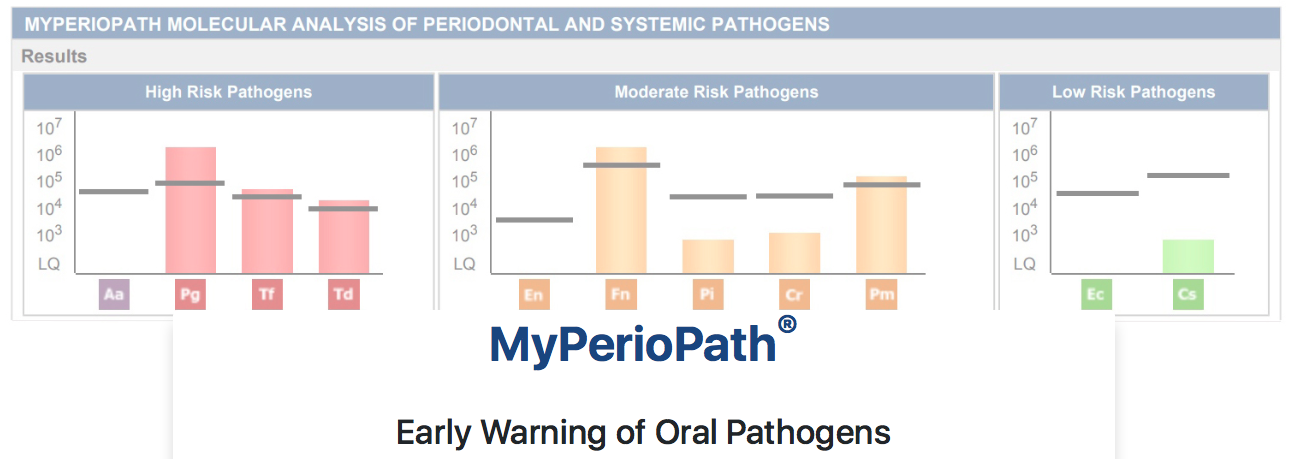By J.S. Ronette—WASHINGTON, DC–Yes! It’s true! What happens in the mouth, doesn’t stay there. Harmful bacteria in your mouth—are on the move and can harm your heart, as well as raise risk for other serious health problems, like heart disease and dementia.
Have you ever heard of someone having a heart attack triggered by a dental infection? Did you know that keeping your gums healthy can help prevent a heart attack, stroke or other health problems? These questions are increasingly relevant in today’s front-line dental practices— where the mouth and the body are treated as one oral-systemic connection.
“Thanks to mounting scientific research, we now know that harmful bacteria that live around teeth raise serious risk, because they travel in our bloodstream and can affect heart health and brain health” says Dr. Daniel J. Deutsch. “These findings specifically reveal how periodontal disease—and the bacteria that cause it—have body-wide consequences, including heart attacks, strokes, and Alzheimer’s. We consider this a ‘medical condition with a dental solution’.”

“These are serious findings dentists should no longer ignore, according to Dr. Deutsch, who practices general and cosmetic dentistry at the Washington Center for Dentistry in Washington, DC. He notes that his patients welcome the new “protective” protocols and therapies for harmful oral bacteria—especially as many are dealing with diabetes, cardiovascular disease, obesity and other health complications.
“This is where personalized treatment becomes paramount, as these bacteria can inflict lethal harm for patients already compromised by health challenges,” says Dr. Deutsch. “Compared with a 20-year-old with no health issues, older people with autoimmune conditions, like Crohn’s Disease, irritable bowel, osteoarthritis, as well as high blood pressure, high cholesterol, and insulin resistance are vulnerable to health risks raised by oral bacteria.

A Saliva Test That Can Change Your Life
The focus on risk centers around eleven specific oral bacteria that research says can move through bone and gum tissue into our bloodstream, affecting overall health—even when patients don’t show signs of periodontal disease,” says Dr. Deutsch. That’s right. Some patients—whose mouths appear healthy—still have harmful bacteria that can affect overall health.
With research leaving no doubt about the need to eliminate or lower levels of these dangerous oral bacteria, Dr. Deutsch is zeroing in on each person’s “Bacterial Blueprint.” A personalized plan begins with a thorough exam and a special “Saliva Test” to get an accurate picture of oral bacterial presence. For example:
- Oral bacteria called, Pg (Porphyromonas Gingivalis), also known as a “Gorilla Bacteria,” as well as En (Eubacterium nodatum), actually trap cholesterol in the wall of the artery, leading to the formation of dangerous heart-threatening clots. These Pg bacteria also raise risk for heart attack by 13.6 times. That’s twice the risk of a heavy smoker! They are also found to be a cause of Alzheimer’s.
- Other harmful oral bacteria include Aa (Actinobacillus actinomycetemcomitans), which are involved with heart disease, brain abscesses, Alzheimer’s, dental decay, plaque in arteries, oxidative stress.

Dr. Deutsch explains that the “simple non-invasive swish-gargle-collect saliva test (he says it’s really easy) allows us to identify and measure bacteria in your mouth.” The saliva sample is sent to a specialized lab. The resulting report, a “Personal Bacteria Picture,” provides important information about health risks.
Treatments include therapies that remove biofilm (bacteria) layers as well as personalized prescriptions for at-home microbial rinses, probiotic tablets, as well as, in some cases, oral anti-biotics.
What Has Led to This Change? Landmark Study.
Some of the game-changing research related to oral-systemic health grew out of a landmark, peer-reviewed study by Dr. Bradley Bale and Amy Doneen, DNP. They are the first researchers to report that oral bacteria from periodontal disease can travel through the bloodstream—causing damage and inciting inflammation—and contributing to, if not causing, arterial disease.
How do oral bacteria raise risk?
- The bacteria that get into the bloodstream give off chemicals that make it easier for cholesterol to invade artery walls—which can lead to formation of life-threatening blood clots that rupture, causing a heart attack or stroke.
- These chemicals also make the inner layers of the artery (where dangerous plaque forms) stickier, like Velcro, so cholesterol is more likely to be trapped there and clump into unwanted—plaque.
- As a result, it is now known that blockage of coronary arteries is caused not only by deposits of bad cholesterol, but also by movement and entrapment of oral bacteria, such as Porphyromonas gingivalis, or Pg. Dr. Brad Bale and Amy Doneen describe how oral bacteria contribute to heart attacks. In fact, oral bacteria in high concentrations have been found in the blood clots of people who have had heart attacks and strokes!
- Bale and Doneen, (authors of the bestselling book, “Beat the Heart Attack Gene”), have found that people with infected gums are twice as likely to suffer heart attacks as those with healthy gums. And the study authors also contend that at least 50 percent of unexpected heart attacks and strokes are triggered by dangerous oral bacteria!
- Bale and Doneen report a 2016 study that found that people with severe gum disease were 70 percent more likely to develop Alzheimer’s Disease than those with healthy gums.
“The sea-change we’re seeing is old-style dentistry and medicine going from a “reactive” fixing-problems approach to “proactive” personalized care,” says Dr. Deutsch. “Now, there is a way to see risk not seen before, and go beyond mouth-health to body-health. The giant step forward with saliva testing helps prevent dental infections and high risk that can lead to serious medical problems.”
Dr. Daniel J. Deutsch practices general and cosmetic dentistry at
Washington Center for Dentistry, 1430 K Street, NW, Washington, DC.
www.washdent.com 202.223.6630 info@washdent.com


